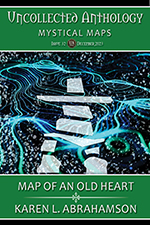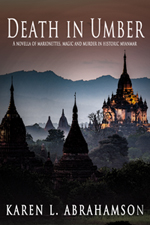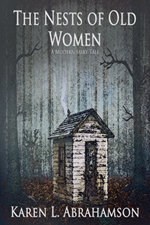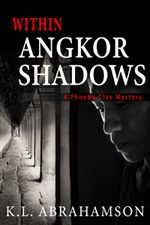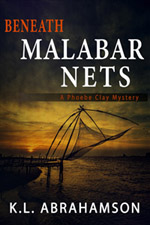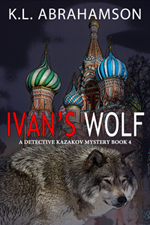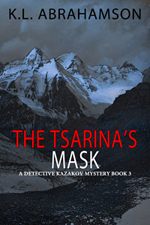Planning for the Long Haul
Planning a trip to Machu Picchu means planning for the long trek up hill. It means choosing a guide, choosing equipment, it means readying yourself so you don’t break down on the climb. Planning for a novel is much the same, but that doesn’t mean you have to plan everything step by step. Not in the least.
For the trek, I want to know that I’ll be comfortable and generally where I’m going. Yes, I have a basic equipment list, but whether it will be appropriate for Peruvian weather conditions needs consideration because I’m going at teh end of the rainy season. For writing, planning means something similar—not a plan that guides every chapter, but a plan that will generally guide me through the arduous process of writing a novel.

So how do I do that? I wrote previously about the process of selecting a guide for Machu Picchu (here). To plan for the trek involves gathering information. Who are guides that operate at Machu Picchu? Who is reputable? Before the internet it was much harder to find out. I used to go to my travelers’ bookstore and ask them what they knew, or else talk to other travelers. Those old favorite guidebooks Lonely Planet and Rough Guide provided helpful suggestions that I often took advantage of and often I’d arrive with only a general idea that I needed to find a guide and then would go on a search when for a good one when I arrived.
Finding a guide when planning a book is another thing altogether. I used to plan my books chapter by chapter and used wonderful chapter outline sheets that had been provided by my mentor, Dean Wesley Smith. These helped me focus on the important points of a chapter:
1. Point of view.
2. Where are the characters at the start?
3. Where are the characters at the end?
4. How have things changed?
5. How have things gotten worse?
I wrote many novels based on those chapter sheets. What I found was that often the novel started with those sheets, but gradually the writing took over and the sheets were put away toward the end of the maniscript. If people are relatively new to writing, or if they have a hard time finishing a novel, this can be a helpful tool because the sheets help you outline your novel scene by scene, chapter by chapter. But I found that I gradually outgrew the need for the sheets. I sort of look back at them as training wheels that helped me learn what chapters and scenes are all about.
From there, I began to plan books in large chunks. I knew the characters got from here to there and bad stuff happened, but I didn’t write it down. Or if I did, I just jotted brief notes. I once heard Nancy Kress, the wonderful science fiction writer; speak of writing a list of all the things you know need to happen in the book (or all the scenes you want to put in, or all the events you want to happen). She then suggests that you take this list and put the scenes/events along a story arc, thinking about try/fail sequences (everything always gets worse) climaxes, and the three-act structure. I’ve found this very helpful, not to start a book, but to help clarify my thoughts when I’m lost in the thick of the action.
For my last three novels, I’ve tried something much more spontaneous. I’ve tried the write-into-the-mists form of writing—something romance writers call ‘pantsing’ (writing by the seat of your pants), which is much more akin to how I like to travel. I start out with a general idea of where I want to go and allow the destination to guide me about where I want to go. With writing, I start with a general idea of what the story is about. This allows me to enjoy the experience of the story, much as the potential reader will. A mystery writer friend recently finished drafting a novel and told me she didn’t know who the killer was until the last two chapters. Let’s face it, if the writer is surprised by where the story takes her, no doubt the reader will be, too. To write in this manner I have to let the character speak to me and at any fork in the story I ask myself what would the character do? So the noval arises from the character.
To write this way is an exploration. As I write, events or facts arise that mean I have to go back in the manuscript to insert information. Whether you do that at the time, or wait until the first draft is finished is your choice. I either keep a notebook, or keep a running list, of ideas or things to insert or change at the end of the manuscript. Other people I know, use the comments function to make notes of changes they need to make.
Increasingly, I’m noticing that research is one of the most important aids to my writing. But this is another blog on its own.
So planning for a novel, or a back-packing trip to the Andes, both require you sort out your planning method. Both require you to do your research, and if you are lucky, one will bleed into the other so your trip feeds our writing and your writing feeds your trip.


